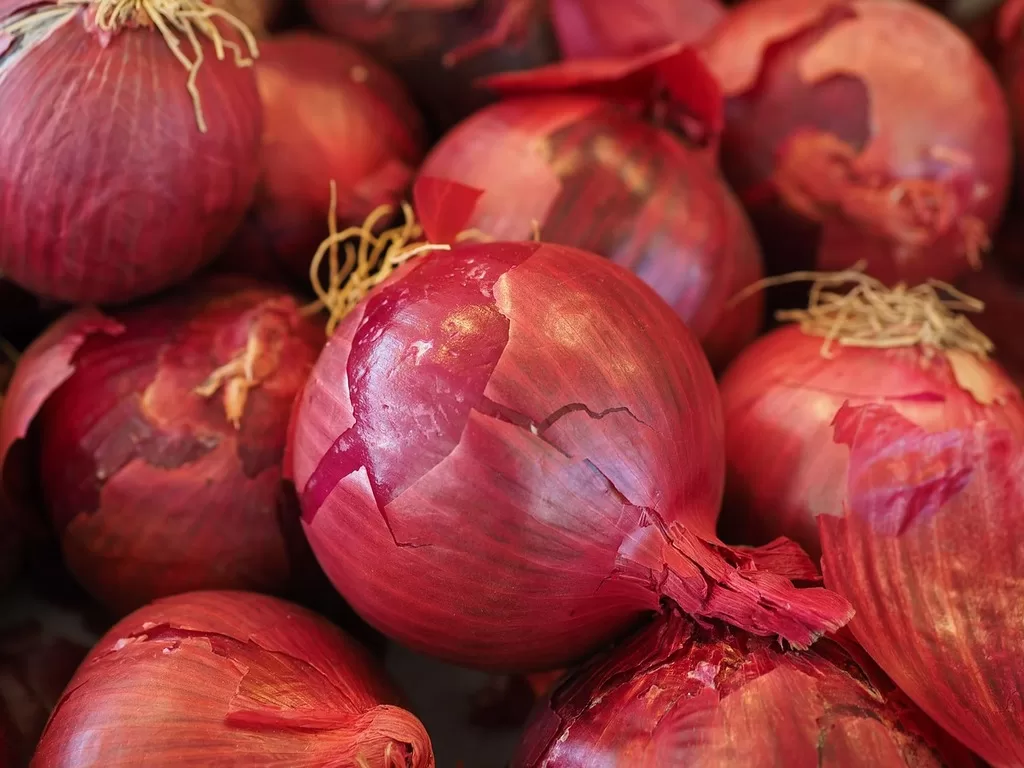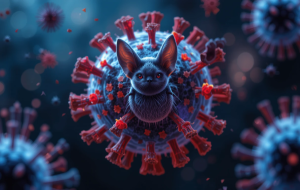Onions: The Humble Superfood with Antibiotic, Antioxidant, Antimicrobial, and Antifungal Powers

Onions: The Humble Superfood with Antibiotic, Antioxidant, Antimicrobial, and Antifungal Powers
Onions are a staple ingredient in many cuisines around the world, and for good reason. They’re delicious, affordable, and versatile. But did you know that onions are also packed with nutrients and have a variety of health benefits?
Antibiotic properties
Onions contain sulfur-containing compounds that have antibiotic properties. These compounds can help to fight bacteria and prevent infection. For example, a study published in the journal “Food Microbiology” found that onion extract was effective against a variety of foodborne pathogens, including Salmonella, E. coli, and Listeria.
Antioxidant properties
Onions are also a good source of antioxidants. Antioxidants help to protect the body from damage caused by free radicals. Free radicals are unstable molecules that can damage cells and lead to disease. Onions contain a variety of antioxidants, including flavonoids, quercetin, and anthocyanins.
Antimicrobial properties
Onions also have antimicrobial properties. This means that they can help to kill or inhibit the growth of microorganisms, such as bacteria, fungi, and viruses. For example, a study published in the journal “Phytomedicine” found that onion extract was effective against a variety of Candida fungi, which can cause infections in the mouth, throat, vagina, and other parts of the body.
Antifungal properties
Onions also have antifungal properties. This means that they can help to kill or inhibit the growth of fungi. For example, a study published in the journal “Mycopathologia” found that onion extract was effective against the fungus Aspergillus flavus, which can produce toxins that can cause cancer and other health problems.
How to reap the benefits of onions
Onions can be eaten raw, cooked, or pickled. To maximize the health benefits of onions, it’s best to eat them raw or lightly cooked. When onions are cooked for a long time, some of the nutrients can be destroyed.
Here are a few tips for incorporating more onions into your diet:
- Add chopped onions to salads, sandwiches, and wraps.
- Sauté onions with garlic and other vegetables to make a side dish.
- Add onions to soups and stews.
- Top your burgers and hot dogs with grilled onions.
- Make your own onion rings or onion dip.
- Pickle onions and eat them as a snack or side dish.
Onions are a nutritious and flavorful food that can offer a variety of health benefits. Their antibiotic, antioxidant, antimicrobial, and antifungal properties make them a valuable addition to any diet.






